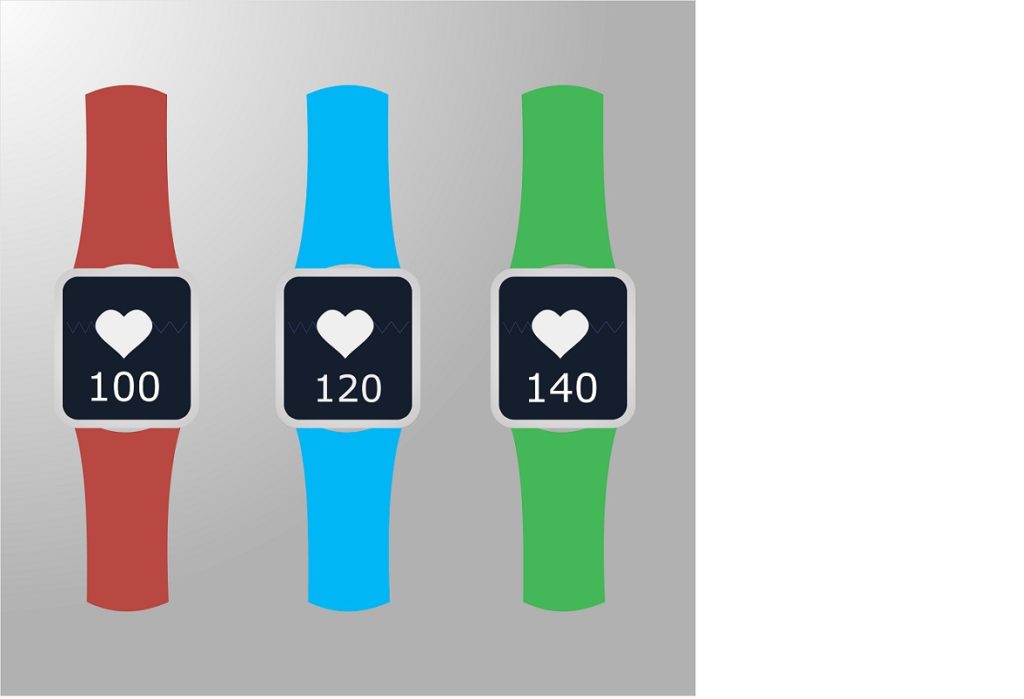Medidata Blog
Does Accuracy Really Matter for mHealth Wearable Devices?

As consumer wearables become more common and the market continues to expand, they can be seen as an easily accessible, valuable tool for capturing data and information without interfering with the everyday lives of people.
But lately there’s been questions about the accuracy of such devices. The accuracy concern isn’t due to a study not having controls, but due to the data from wearable devices being questioned by the people (often researchers and scientists) receiving it. Placing the accuracy debate on hold for a minute, I’d like to remind everyone there is a bigger picture we should consider.
Let’s talk about the “accuracy” of some type of metric being measured. But, what is being measured? Distance? Steps? Intensity? Each of these metrics gets less and less objective and - consequently - less accurate as you move further away from a hard number. Rather than looking at a specific metric, researchers should be looking at general activity levels and if people are increasing their overall activity over a period of time. This same idea of looking at the bigger trends could also be applied to clinical research done with mHealth devices worn by patients.
More attention should be given to specs that fall in the “must haves” or “nice to haves” category. We should be thinking about things such as consistency, reliability, durability, data capture and storage, comfort and compliance, and product support from the supplier. As far as I’m concerned, these things are more important to the average user than some arbitrary standard of accuracy.
A tool designed and built for the general public will inevitably have accuracy standards to meet the public’s demands, and it is likely that the high expectations of researchers looking for perfect data accuracy will never be reached. In the meantime, additional information and learnings can still be gained by incorporating mHealth technology and wearable devices in clinical trials.
There is plenty to discuss about accuracy and its assumed need — it could be the subject of an entire blog post! But for now, I would like to suggest that the reader pause and think about what the goal of the study is, and what is really required to achieve that goal. Accuracy is only part of the equation.
If you’re interested in the latest news, trends and provocative topics in mHealth technology and clinical research, be sure to vote for our panel to appear at SxSW 2016! Our panel will feature some of the biggest industry names discussing the challenging questions found in the intersection of mHealth technology and the clinical research space.
Voting closes on Friday, September 4, so cast your ballots now!
